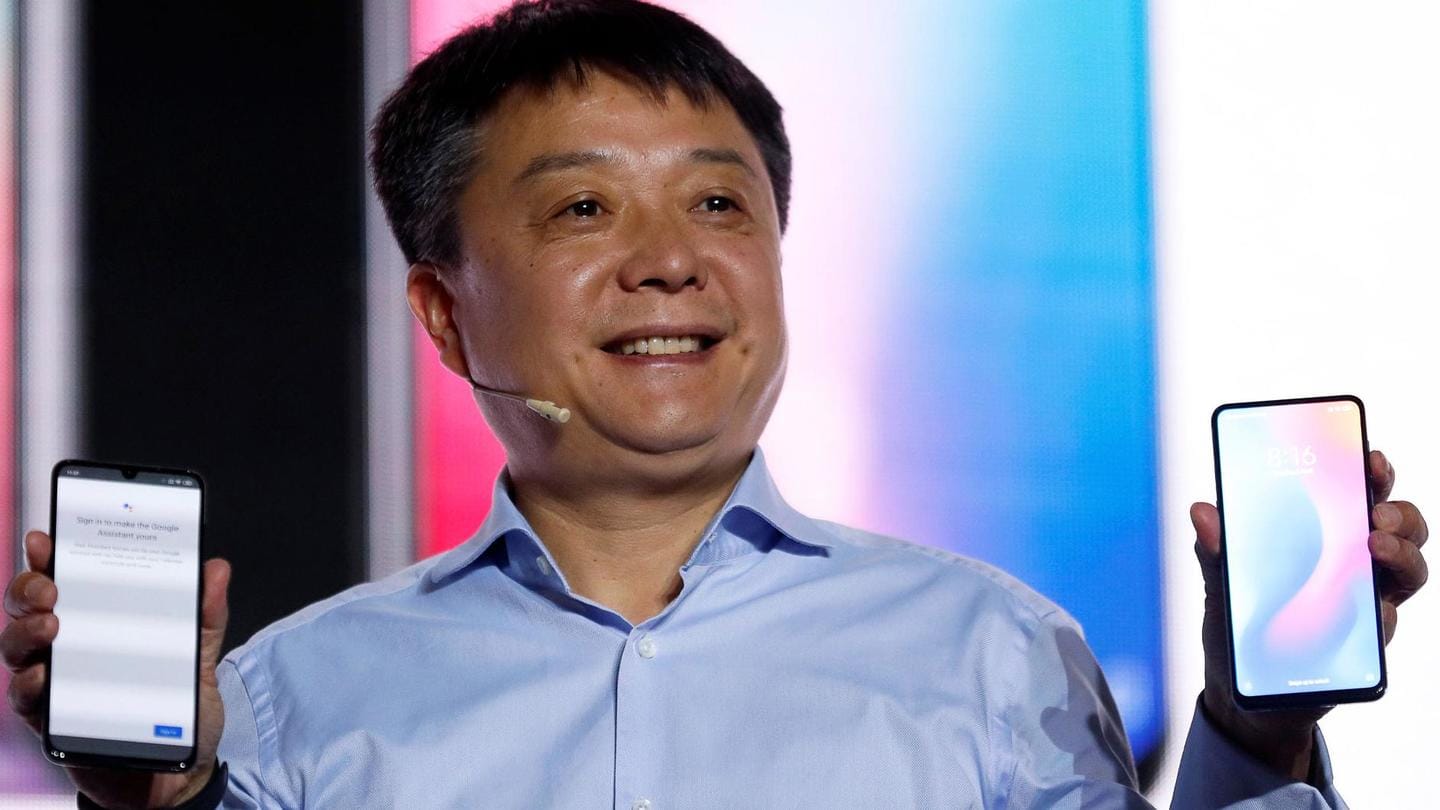
Xiaomi warns chip shortage will increase prices, but Apple unaffected
What's the story
Gamers have been forced to buy graphics cards at insane markups due to global chip shortages. Looks like it's the smartphone buyers' turn to suffer now. Xiaomi President Wang Xiang has admitted the world's third-largest smartphone manufacturer is being affected by the phenomenon. Recently, during the company's earnings call, Xiang said the shortage was increasing company costs, which will be passed on to customers.
No safety net
Xiaomi's razor thin margins can't insulate buyers from price increase
Xiaomi has been particularly affected by the chip shortages because the company makes smartphones for value-conscious buyers and therefore operates on razor-thin margins. The Xiaomi president promised to optimize the costs, but there's a limit to that and he admitted that the cost will eventually be passed onto customers. In other words, it's fair to expect Xiaomi smartphones to get dearer.
Near-total freeze
Global chip shortages have hit auto and console/computer industries hard
The global chip shortages have affected the graphics card and computer processor manufacturers the hardest, with automakers being hit equally hard due to their dependence on semiconductors for electronic control units (ECUs) and in-car entertainment and user interface systems. Smartphone manufacturers aren't hit as nearly hard as these industries. Xiang added that the company is "feeling pressure", but is "looking okay" at the moment.
Lockdown frenzy
Shortages more a problem of demand than supply
The chip shortage is a consequence of a perfect storm resulting from various factors such as the pandemic, US sanctions against Chinese tech companies hitting the supply chain, and Huawei hoarding chips in reaction to the former. However, none of these affected supplies adversely, because global chip production has, in fact, increased significantly. This is more of a demand problem than that of supply.
Cabin fever
Auto and gaming industries failed to anticipate surge in demand
The primary reason is manufacturers' failure to anticipate demand. Most of them depend on Samsung and Taiwan Semiconductor Manufacturing Company (TSMC) for their chip supplies and book chip production slots in advance. Automakers expected car sales to slump due to lockdowns and didn't book enough silicon foundry resources. GPU, console, and PC makers were also hit by unexpected demand from people cooped up in their homes.
First-dibs
Sound planning and steady demand insulate Apple from chip shortages
However, Apple hasn't been affected due to a couple of reasons. While the pandemic has increased video game consumption by more than 50%, it hasn't had much effect on smartphone sales. Secondly, Apple gets first preference at TSMC and plans its inventory too well to be caught by surprise. That's why the increased chip demand from automakers and PC/console manufacturers won't affect the iPhone maker.